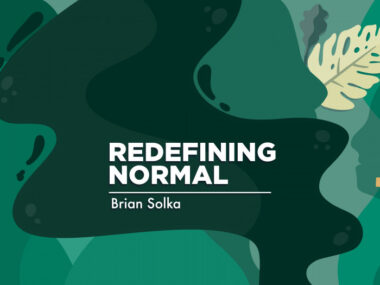Epidiolex-Valproic Acid Combo Can Lower Platelet Counts in Children With LGS, Study Finds
Written by |

When used alongside valproic acid, Epidiolex (cannabidiol) can increase the risk of thrombocytopenia in children and adolescents with drug-resistant forms of epilepsy, such as Lennox-Gastaut syndrome (LGS), a study shows.
According to the study authors, young patients with these disorders and receiving this combination of anti-seizure medications should be monitored closely for signs of thrombocytopenia, a condition in which the number of platelets circulating in the blood plummets. In rare cases it can lead to internal bleeding.
The study, “Thrombocytopenia in pediatric patients on concurrent cannabidiol and valproic acid,” was published in the journal Epilepsia.
Epidiolex, marketed by Greenwich Biosciences, a subsidiary of GW Pharmaceuticals, is an oral cannabidiol solution derived from cannabis that has potent anti-seizure, anti-psychotic, and anti-anxiety (anxiolytic) properties.
Previous trials have shown Epidiolex safely and effectively lowered the frequency of epileptic seizures in children with LGS and Dravet syndrome, two forms of epilepsy that often fail to respond to treatment with conventional anti-seizure medications.
These findings led to its approval in the U.S. and Europe as an add-on anti-seizure therapy for children with LGS and Dravet, age 1 and older.
Children receiving Epidiolex in combination with valproic acid — an anti-seizure medication sold under the brand names Depacon and Depakene, among others — have an increased risk of having high levels of liver enzymes, an indication of liver damage and inflammation.
Several cases of thrombocytopenia also have been observed in children treated with this combination. Although thrombocytopenia is a known side effect of valproic acid, it has not been associated with Epidiolex, and neither has it been reported in most of the trials assessing its effectiveness and safety.
To investigate if thrombocytopenia could be an important side-effect of this dual combination therapy, investigators from the department of pediatrics at Michigan Medicine, University of Michigan, reviewed the medical records of all patients with drug-resistant epilepsy younger than 21 who were being followed at their center.
All patients included in the analyses received a prescription of Epidiolex between January and August 2019. Investigators gathered and analyzed a series of clinical data from each patient, including their age, type of epilepsy, lab test results, when they started treatment with Epidiolex, as well as information on additional anti-seizure medications they were taking at the time.
A total of 87 patients, ages 1–19, were included in the analyses. From these, 71 (82%) had LGS, six (7%) had Dravet, and 10 (11%) had other forms of drug-resistant epilepsy.
While no children taking Epidiolex without valproic acid (57 patients) developed thrombocytopenia, from the 26 patients who were taking a combination of anti-seizure medications that included valproic acid and Epidiolex, nine (34.6%) developed thrombocytopenia (meaning they had less than 110,000 platelets per microliter of blood).
From the nine children and adolescents who developed thrombocytopenia, five also had other blood abnormalities (low white blood cell counts, low hemoglobin levels), and four were symptomatic for the condition (blood in urine, bruising, gum bleeding).
“Most (7/9) of the children who developed thrombocytopenia had low platelet counts within 3 months of starting cannabidiol, and four of seven had thrombocytopenia by 2 months,” the researchers wrote.
The condition, however, was reversible, with four patients regaining their normal platelet levels after reducing the doses of valproic acid, three after lowering the doses of Epidiolex, and one after discontinuing Epidiolex. In one child platelet counts returned to normal without treatment adjustments.
“Results of this study suggest that adding cannabidiol to valproic acid confers a risk of clinically significant thrombocytopenia. Close monitoring for thrombocytopenia should be considered for patients treated with this combination of anti-seizure medications,” the researchers wrote.
“For patients on concomitant valproic acid, the risk of thrombocytopenia should be discussed with families prior to the initiation of cannabidiol,” they added.
The team noted that additional studies enrolling a larger number of patients are needed to confirm these findings.


